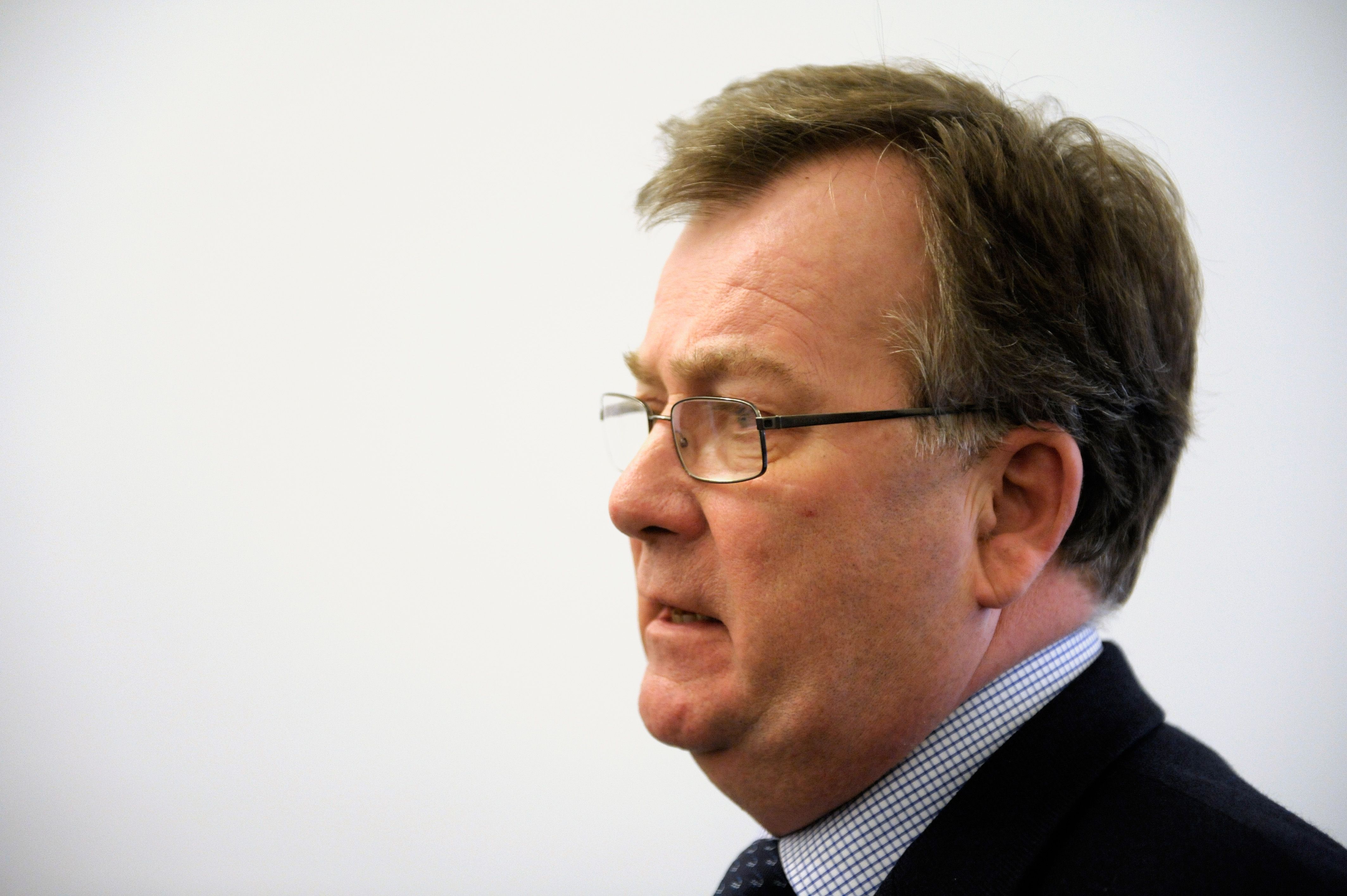With its new budget plan proposal for 2016, the government is looking to prioritise the health sector and the outer areas of Denmark, while tightening up its immigration policies.
The proposal, ‘Strammere rammer – klare prioriteter’ (’Tighter framework – clear priorities’), is looking to reduce public spending by a billion kroner a year by toughening the rules for family reunification and unlimited residence.
“It’s essential for the government to ensure we have a well-functioning health system that takes good care of the elderly and vulnerable,” said the finance minister, Claus Hjort Frederiksen.
“So we will dedicate almost 2.4 billion kroner to the area next year. Furthermore, it is important that growth and progress isn’t just seen in the big cities but is something that the entire nation can enjoy, so we’ll also launch a number of initiatives that will lift the rural areas.”
In order to gain the necessary funds, the government has proposed to cut about 1.4 billion kroner from the national research budget, while the education and culture arena can also expect considerable cuts to the tune of 900 million kroner.
Foreign aid reduction
The 2.4 billion kroner allocated for the health sector is earmarked to improve the care efforts for the elderly and people suffering from dementia, as well as quicker processing of all patients. Additionally, about 500 million kroner has been set aside to assist the socially vulnerable.
In terms of growth in the rural and outer areas of Denmark, the government has proposed a growth package worth 150 million kroner a year until 2019.
Another 75 million kroner a year until 2019 will go towards helping food and agriculture initiatives that will make it easier to farm in Denmark.
The government has also set aside 1.7 billion kroner per year as a ‘reserve’ slush fund for future negotiations with public sectors, such as the police.
These funds will be garnered by reducing the amount of gross national income (GNI) Denmark spends on foreign aid to 0.7 percent.
Download the entire proposal here (in Danish).












